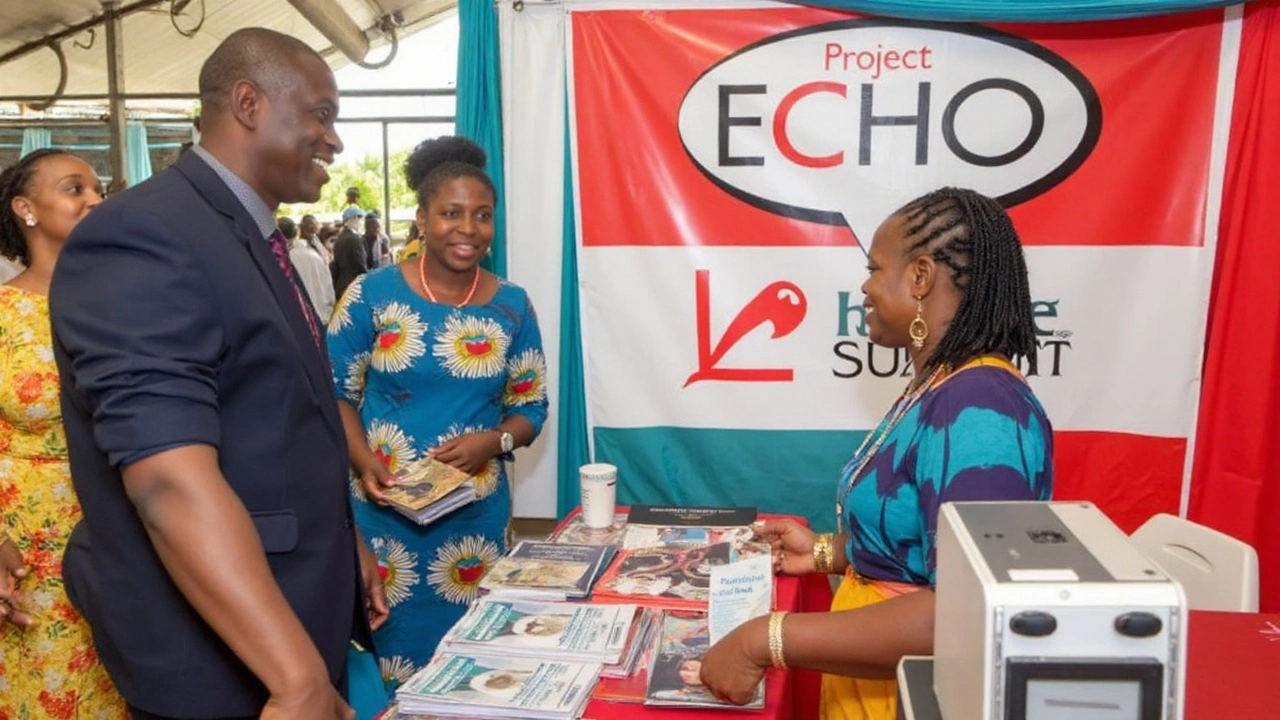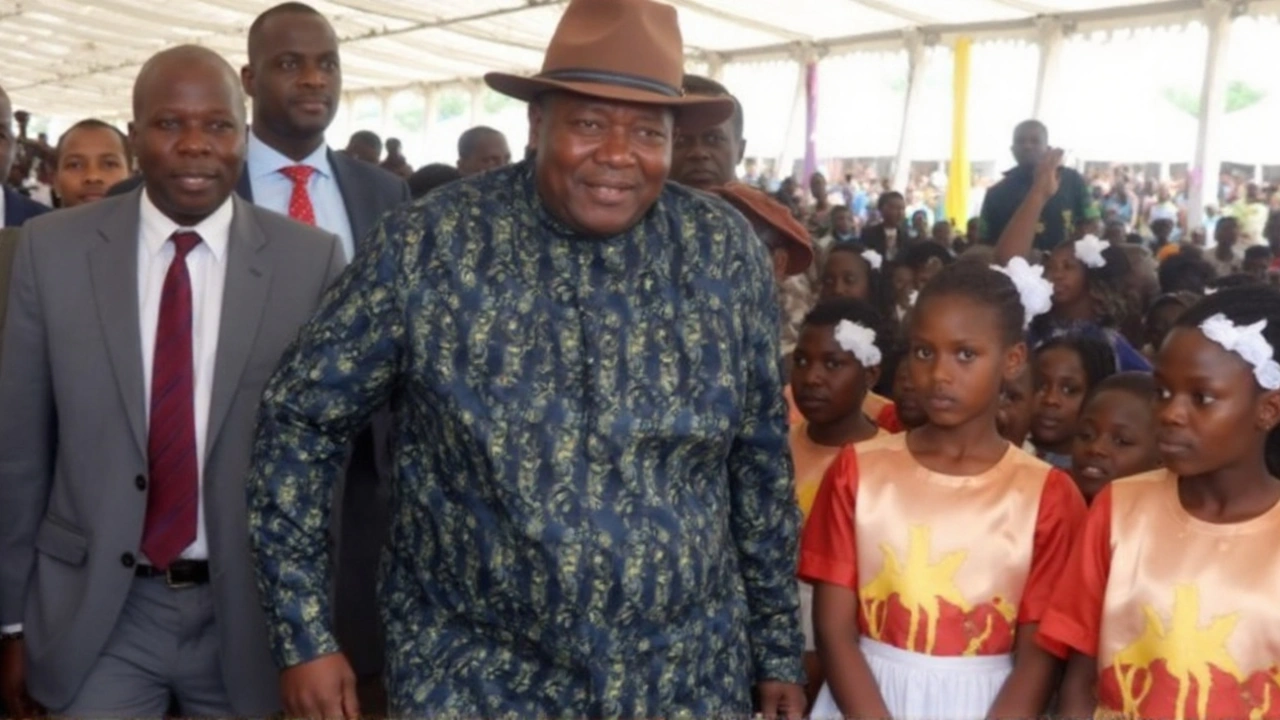East Africa Health Security Summit: Uhuru Kenyatta Calls for African Self‑Reliance

Summit Overview and Core Themes
The East Africa Region Global Health Security Summit (EARGHSS 2025) unfolded from 28 to 30 January at the PrideInn Paradise Beach Resort in Mombasa County. Fourteen East African member states sent delegations that combined health ministers, senior epidemiologists, university researchers, and private‑sector innovators. The event was co‑convened by heavy‑weight partners such as the UNMC Global Center for Health Security, the Africa CDC’s Eastern Africa Regional Coordinating Centre, Kenya’s Vision 2030 Delivery Board, Amref International University, and the Jumuiya Economic Development Secretariat.
Under the banner ‘Securing Health and Security One Community at a Time,’ the summit broke its agenda into three sub‑themes, each taking a full day. Day one embraced a whole‑of‑community approach, insisting that every sector – from agriculture to education – must be woven into health security planning. On day two, former President Uhuru Kenyatta delivered the keynote address, centering the discussion on building resilient health‑system hubs that can absorb shocks without collapsing. Day three turned to sustainable preparedness, asking participants to think beyond immediate crises and design long‑term, locally‑driven strategies.
When Kenyatta took the podium, he made a point of linking health security to economic independence. ‘If we continue to wait for rescue missions from abroad, we hand over our destiny,’ he warned, urging African nations to fund their own research, manufacture essential medical supplies, and cultivate home‑grown expertise. His remarks resonated with Dr. Deborah Barasa, Kenya’s Cabinet Secretary for Health, who highlighted recent investments in modern hospitals, digital health records, and public‑private partnerships that are already bolstering the country’s response capacity.
Barasa also shone a spotlight on Community Health Promoters (CHPs), grassroots volunteers who bridge the gap between formal health facilities and households. By training CHPs in basic surveillance, vaccination outreach, and health education, Kenya aims to create a bottom‑up safety net that can detect outbreaks before they spread.

Outcomes and Regional Implications
At the summit’s close, delegates signed the ‘Mombasa Communique,’ a roadmap that translates the three‑day dialogue into concrete actions. The key commitments are:
- Establishment of an African Center for Health Security to serve as a hub for research, policy development, and rapid response coordination across the continent.
- Creation of a regional pandemic preparedness fund, seeded by contributions from member states and private donors, to finance stockpiles, training, and cross‑border surveillance systems.
- Launch of a pan‑East African training academy aimed at producing the next generation of health security leaders, with curricula covering epidemiology, risk communication, and supply‑chain logistics.
- Accelerated local manufacturing of diagnostics, vaccines, and personal protective equipment, reducing dependency on imports and strengthening supply‑chain resilience.
- Expansion of community‑based health networks, scaling the CHP model to cover remote and underserved areas.
James Lawler, MD, associate director of international programs at UNMC’s Global Center for Health Security, underscored that these measures are designed to embed sustainability into every level of the health system. By fostering local ownership, the region hopes to avoid the pitfalls of past emergency responses that relied heavily on external aid.
Kenya’s role as host and a major financier of the summit sent a clear signal of its commitment to regional collaboration. The country has already upgraded its national disease‑surveillance platform, integrated real‑time data feeds from border clinics, and pledged to share manufacturing capacity for essential medicines with neighbours.
The broader impact of the summit is likely to ripple across the continent. By prioritising East Africa health security as a collective goal rather than a series of isolated national efforts, the participant countries are laying the groundwork for a more coordinated, self‑sufficient response to future pandemics. If the commitments in the Mombasa Communique are honoured, East Africa could emerge as a model for other regions striving to balance global health obligations with home‑grown resilience.

Tom Gin
September 25, 2025 AT 03:07Alex Alevy
September 25, 2025 AT 11:58Danica Tamura
September 25, 2025 AT 18:08William H
September 25, 2025 AT 19:07Katelyn Tamilio
September 25, 2025 AT 19:09Michael Klamm
September 26, 2025 AT 06:20Shirley Kaufman
September 26, 2025 AT 07:58christian lassen
September 26, 2025 AT 13:00Alex Alevy
September 26, 2025 AT 20:21